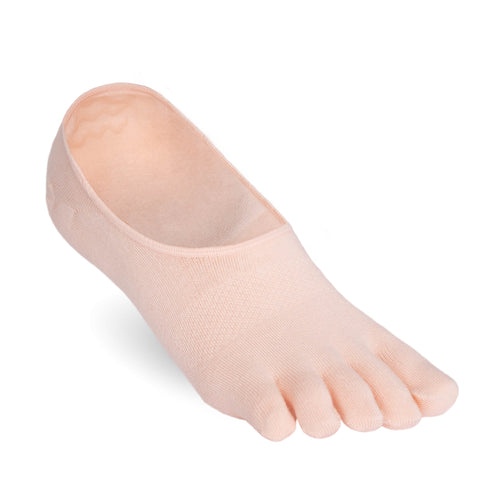Eating for Health: How to Improve Your Diet
We hear all the time how important a nutritious and well-rounded diet is, but what exactly makes healthy eating so crucial? Let’s take a look at how important the food that we choose to consume is, as well as the possible negative effects of poor nutrition.
What Makes a Healthy Diet?
Healthy eating involves consuming a diverse range of foods in appropriate quantities. Embracing a balanced diet empowers your body with the essential nutrients and energy required for sustained vitality and well-being. Such dietary habits contribute to maintaining optimal health, a balanced weight, and an overall sense of well-being.
If you’re eating for health reasons, include the following in your diet:
- Fruit and vegetables
- Proteins such as beans, eggs, meat and fish
- Small amounts of unsaturated fats, such as oils and spreads
- Plenty of water!

Making sure to eat a variety of fruits, vegetables, and foods in general helps give our body the total nutrition it needs to be at its best. You wouldn’t fill a Ferrari up with low quality gasoline, so why fill up your body with suboptimal nutrition? Eating a diverse and healthy diet can not only improve your mood, but research has shown that eating for health contributes to:
- A lowered risk of heart disease, cancers, and type 2 diabetes
- A stronger immune system
- Improved mood
- A properly supported digestive system
- Healthy teeth and bones
- Improved energy
- Better brain health and function
- Improved sleep
- Healthy growth and development in children
The Impact of Poor Nutrition
Poor nutrition happens when we fail to obtain the essential nutrients our bodies require from our diet. This can happen for a variety of reasons, but also includes failing to eat a diverse diet. Additionally, it can result from excessive consumption of saturated fats, salt, and sugar. Poor nutrition can also stem from both overeating and insufficient food intake.
If we’re not eating for health and don’t give our body what it needs, we run the risk of developing the following:
- Heart disease and stroke
- Cancer – research suggests a chronically poor diet can lead to several different types of cancers
- High cholesterol
- Obesity – a poor nutritional diet full of fat and sugar can cause obesity, which in turn is also a major risk factor for other diseases/illnesses
- Osteoporosis – poor nutrition can cause osteoporosis, a condition which makes your bones weaker over time
- High blood pressure
- Type 2 diabetes
As you can see, poor nutrition can have a big impact on your overall health and wellbeing, being linked to a number of chronic health conditions. So, what can we do to avoid the adverse effects of poor nutrition and eat as healthily as possible?
As shown above, poor nutrition can lead to serious health issues over time, and we went over the types of food groups we should be eating to maximize our health. But what does eating for health look like? And what are some other things we can do to stay healthy?
How to Incorporate a Healthy Diet Into Your Everyday Routine

Some other helpful tips for proper nutrition include:
- Try to eat 5 servings of fruits and vegetables a day, as these are high in a wide array of vitamins and minerals your body needs to stay healthy
- Eat more high fiber rich foods, and choose whole grains over processed grains
- Try to eat one portion of fish a week, as this is high in omega-3 fatty acids which have been shown to be critical to brain and heart health
- Make sure to eat beans, lentils and peas as they are all high in protein and fiber but low in fat, making them an excellent source of nutrients
- Limit your consumption of saturated fats, and try to eat unsaturated fats as found in avocadoes, nuts, and seeds
- Limit your consumption of processed and sugary foods and drinks as these have been shown to not only be linked to short term problems like obesity, but could potentially be linked to a wide array of cancers and serious long-term health problems





